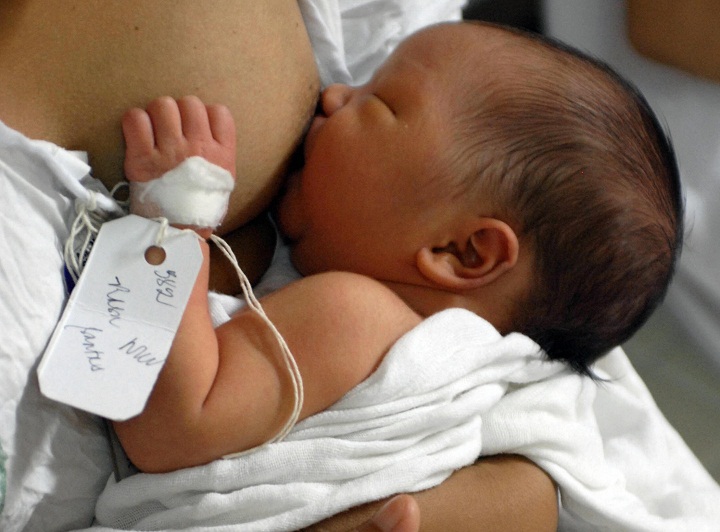MONTREAL – The Quebec government has given the green light for a publicly-run breast milk bank, the first of its kind in Canada.

Although private milk banks already exist in Calgary, Vancouver and soon in Toronto, this initiative will be the first province-wide, publicly run human milk bank in the country.
“An important step has been taken that allows Hema-Quebec to provide hospitals with pasteurized breast milk. The breast milk bank will be launched in spring 2014,” said Dr. Jean De Serres, the head of Hema-Québec in a statement.
The new initiative will cost $800,000 to set up and about half a million dollars a year to run. The government expects these costs to be offset by the savings of $1.25 million in health care costs associated with premature baby care.
About 1,000 premature babies are born each year in Quebec and on average, between three and ten die from complications. When premature babies don’t get milk from their mothers, the risk of complications can increase.
When babies younger than 32 weeks drink breast milk, the risk of infection and allergies is reduced and blood pressure and bone density are improved. Drinking breast milk can also prevent necrotizing enterocolitis, where portions of the tissue in an infant’s bowel die.
Quebec’s milk bank will piggy-back off of already established Hema-Quebec programs, which have most of the infrastructure and expertise required to operate the initiative.
“No regulation currently governs the activities of human milk banks in Canada,” noted Dr. De Serres.
“Hema-Quebec’s history of successfully managing biological products such as blood and human tissue will ensure the product safety.”
Donors will be carefully screened. Microbiological analyses will be performed at the time of donor selection and bacterial analyses will also be carried out when the milk is processed.
A feasibility study in 2011 determined that 3,700 litres a year is required meet the needs of 1,000 premature babies that weigh less than 1,500 grams. As 70 per cent of these babies are fed by their mother, the province will be looking for 265 donors.


Comments